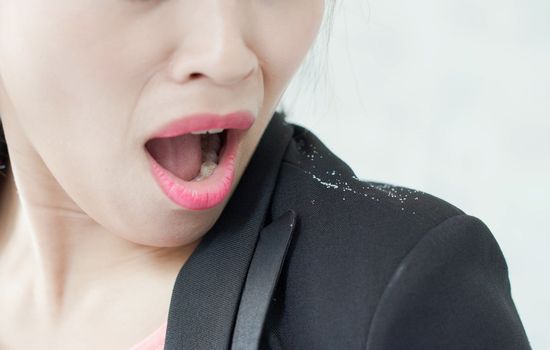
The Dos and Don’ts of Anti-Dandruff Hair Oils
Welcome to Lifestyle Femina | The Dos and Don’ts of Anti-Dandruff Hair Oils
Have you ever pondered getting rid of all your lovely black clothes because of dandruff flakes? Do you find yourself explaining that you’re unable to get rid of your dandruff despite all attempts every time someone from the salon visits to your hair or a friend discovers your flaky scalp?
If you’ve tried everything to get rid of dandruff, it’s probably because you haven’t figured out what causes it and what you should avoid in your hair care regimen. So, we’ve come to your aid. Scroll down to learn about various treatment and preventative methods.
What is Dandruff?
Dandruff refers to the little white flakes that fall on your scalp and shoulders. Those white flakes are nothing more than dead skin cells. Scalps with dandruff may feel itchy, dry, and red at times.
If you believe that dandruff is usually the result of poor hair care, you may be mistaken. It might be caused by dry weather, hair colors, or other hair care products that react with your scalp and generate flakes. Skipping hair washes when suffering from dandruff might worsen the issue owing to the buildup of dead skin cells.
It can also be caused by a fungus growing on the oil or sebum on the scalp. Dandruff is most common during the winter months and can be induced by stress or exhaustion.
Also Read: Hair Care Tips After Coloring: A Complete Guide
Is Oil Bad For Dandruff?
While some persons with dandruff avoid oiling their hair totally, others do the reverse. The oil in your hair is believed to attract extra dirt and combine with existing dandruff to produce itching. However, not oiling your hair might leave your scalp dry.
According to hair care professionals, the goal is to find a happy medium. Once a week, oil your hair and then rinse with a light shampoo. If you have oil in your hair, it will attract dust. Oiling your hair improves blood circulation to the scalp and nourishes the hair strands[2]. It also keeps your scalp hydrated, which is important because dandruff-prone scalps are typically quite dry.
However, oils alone cannot treat dandruff. Some oils have elements that can help treat the fungus that causes dandruff. As a result, it is critical to select a dandruff-fighting oil.
Also Read: How to Curl your Hair Without Heat | Top Ways to Curl Your Hair Without Heat
Method for Using Anti-Dandruff Hair Oil
- Pour some oil over your palms.
- Use your fingertips to massage the oil into your scalp.
- Leave it on for three hours or overnight for the greatest effects.
- Use a gentle shampoo on it.
After Oiling, What Should You Not Do?
It’s best to wait a little while after oiling your hair before combing it out.
After oiling your hair, you may kick back and relax your scalp. After oil, it’s best to avoid wearing your hair in a tight style, as this might lead to split ends.
Do not use it in addition to any other hair products. After oiling your hair, it’s not a good idea to put harsh chemicals through it again.
Prevent using hot tools on your hair right soon. Relax for a while and let the oil work its magic on your scalp and hair.
What Should You Look For When Choosing an Anti-Dandruff Oil?
Oils extracted from plants like rosemary and neem as well as camphor, fenugreek, and tea tree are antibacterial. Try to find pure oils as opposed to ones that have been tampered with in some way. For some, the best treatment for dandruff is unrefined extra virgin olive oil. Vitamin E and other ingredients can be soothing to the scalp.
Butylated hydroxyanisole is often found in coconut oils, therefore you should stay away from it. To put it simply, it causes cancer [6]. Avoid oils with added perfumes since they may aggravate the condition of the scalp.
When Should I See a Doctor?
You should see a dermatologist if you’ve been using anti-dandruff hair oils and shampoos for a long without seeing any improvement in your flakes. Furthermore, if you have any concerns, you may always consult your doctor.
- A red or irritated scalp is what you’re experiencing.
- You’re losing hair horribly (losing 50-100 strands a day is normal).
- You seem to be breaking out in a red rash all over.
Also Read: The 7 Best Hair Growth Shampoos of 2023 That Actually Work
Femina Thought
There is no danger in having dandruff and it is not communicable. Unfortunately, for the vast majority of us, this is a purely aesthetic concern. Dandruff can be effectively combated by identifying and treating the underlying cause. To keep the dandruff problem from growing worse, you should also avoid using chemicals. All of these dandruff-fighting substances are worth a try, and we hope you do, too. If you have tried everything and a doctor’s visit is still necessary, do it.
Thank you!
Like this? Now Read:
Also Read: How to Get Rid of Pimples



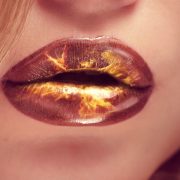
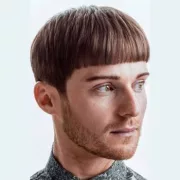
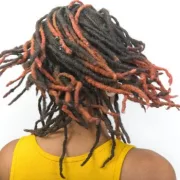


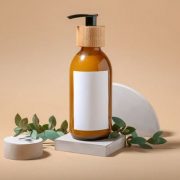
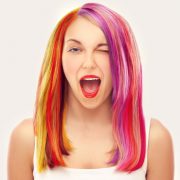


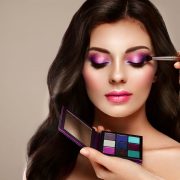



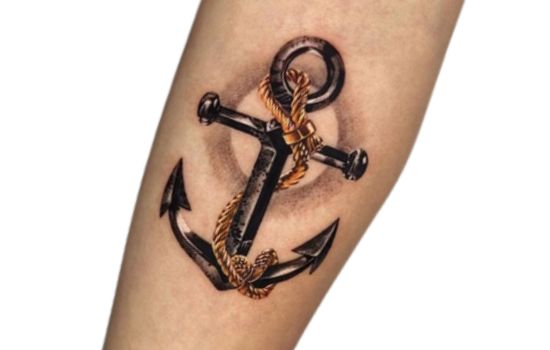


[…] Also Read: The Dos and Don’ts of Anti-Dandruff Hair Oils […]
[…] Also Read: The Dos and Don’ts of Anti-Dandruff Hair Oils […]
[…] Also Read: The Dos and Don’ts of Anti-Dandruff Hair Oils […]
[…] Also Read: The Dos and Don’ts of Anti-Dandruff Hair Oils […]